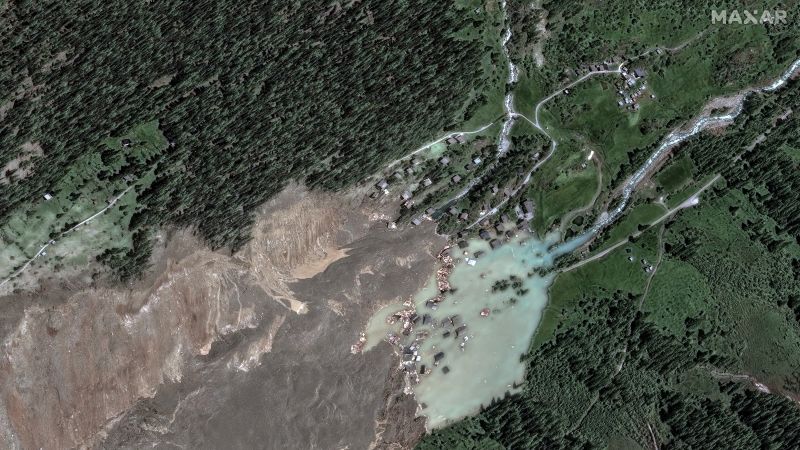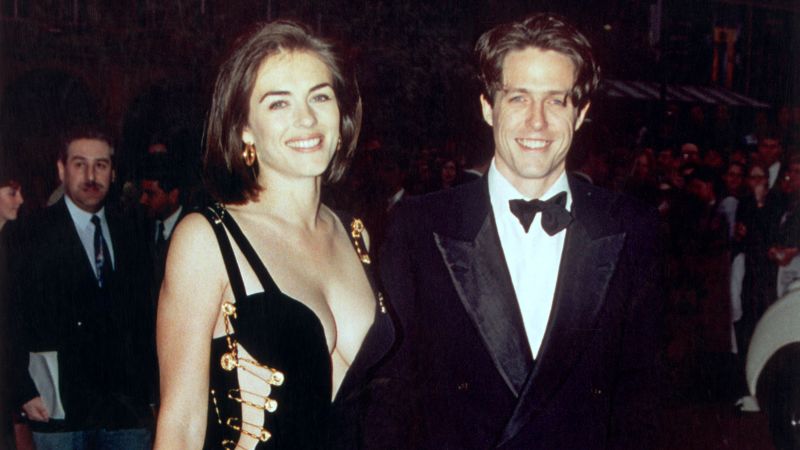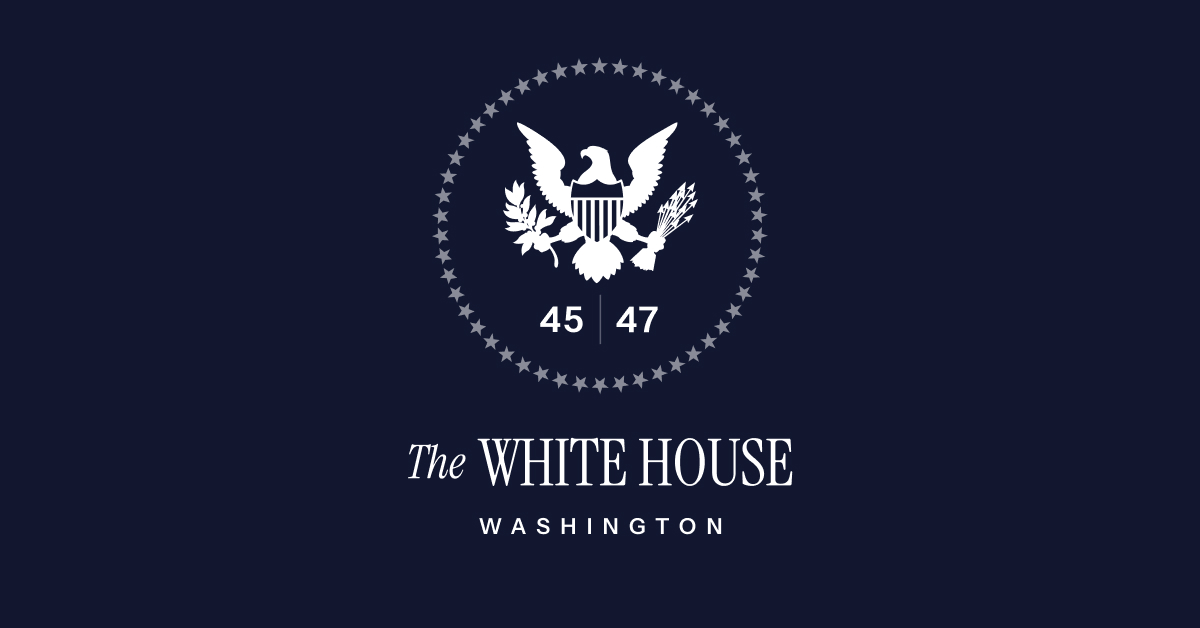Does Height Really Matter? Analyzing Tinder's Paid Height Filter

Welcome to your ultimate source for breaking news, trending updates, and in-depth stories from around the world. Whether it's politics, technology, entertainment, sports, or lifestyle, we bring you real-time updates that keep you informed and ahead of the curve.
Our team works tirelessly to ensure you never miss a moment. From the latest developments in global events to the most talked-about topics on social media, our news platform is designed to deliver accurate and timely information, all in one place.
Stay in the know and join thousands of readers who trust us for reliable, up-to-date content. Explore our expertly curated articles and dive deeper into the stories that matter to you. Visit Best Website now and be part of the conversation. Don't miss out on the headlines that shape our world!
Table of Contents
Does Height Really Matter? Analyzing Tinder's Controversial Paid Height Filter
Introduction: Tinder, the dating app giant, recently ignited a firestorm of debate with the introduction of a paid feature allowing users to filter potential matches by height. This seemingly innocuous addition has sparked a heated conversation about societal biases, body image, and the very nature of online dating. Does height really matter in the quest for love, or is Tinder simply capitalizing on pre-existing societal preferences? Let's delve into the complexities of Tinder's height filter and explore the implications of its monetization.
The Height Filter: A Premium Feature with Far-Reaching Implications
Tinder's new height filter, available only to paying subscribers, allows users to specify a minimum and maximum height range for potential matches. This seemingly simple feature has been met with a mixed bag of reactions. While some applaud its practicality, many criticize it for reinforcing societal biases and potentially exacerbating body image issues. The fact that it's a paid feature adds another layer of controversy, suggesting that Tinder is profiting from a preference that some argue is shallow and discriminatory.
The Societal Perspective: Height and Attractiveness
Research consistently shows a correlation between perceived attractiveness and height, particularly for men. This isn't necessarily a conscious bias; it's a complex interplay of evolutionary psychology, societal conditioning, and cultural norms. However, the issue lies in the potential for this preference to become amplified and even weaponized through tools like Tinder's height filter. This can lead to individuals feeling marginalized and overlooked based on a characteristic entirely outside of their control.
Tinder's Response and Ethical Considerations
While Tinder hasn't directly addressed the ethical implications of monetizing height preferences in detail, the company's stance often revolves around user choice and personalization. They argue that the filter provides users with more control over their dating experience. However, critics counter that this control reinforces harmful stereotypes and disproportionately impacts shorter individuals. This highlights a larger ethical dilemma: where do we draw the line between user preference and the potential for discriminatory practices within online dating platforms?
The Algorithm's Influence: Beyond Height
It's crucial to remember that Tinder's algorithm is far more complex than simply height. Other factors, including photos, bios, common interests, and activity levels, play a significant role in determining matches. While height might be a factor for some, it shouldn't be the sole determinant. The introduction of the height filter raises concerns about the algorithm's potential to further amplify existing biases, potentially overshadowing other important aspects of a person's personality and compatibility.
Moving Forward: Rethinking Online Dating Standards
The debate surrounding Tinder's height filter forces us to critically examine the standards of beauty and desirability within online dating. It prompts us to question whether platforms should be facilitating preferences that could contribute to negative self-image or exclusion. A more inclusive approach might involve promoting features that encourage users to prioritize personality and shared values over superficial characteristics.
Conclusion: Height is just one piece of the puzzle
While Tinder's height filter offers a level of control for users, its monetization raises significant ethical questions. The debate underscores the complex interplay between personal preferences, societal biases, and the responsibilities of online platforms in fostering inclusive and healthy dating experiences. Ultimately, true connection should transcend superficial characteristics like height, focusing instead on shared values, genuine compatibility, and mutual respect. Perhaps the controversy surrounding this feature will spur a broader discussion about inclusivity and the future of online dating.
Keywords: Tinder, height filter, online dating, dating app, height preference, body image, societal bias, algorithm, dating algorithm, ethical considerations, inclusivity, online dating trends, premium features, dating app features.

Thank you for visiting our website, your trusted source for the latest updates and in-depth coverage on Does Height Really Matter? Analyzing Tinder's Paid Height Filter. We're committed to keeping you informed with timely and accurate information to meet your curiosity and needs.
If you have any questions, suggestions, or feedback, we'd love to hear from you. Your insights are valuable to us and help us improve to serve you better. Feel free to reach out through our contact page.
Don't forget to bookmark our website and check back regularly for the latest headlines and trending topics. See you next time, and thank you for being part of our growing community!
Featured Posts
-
 Tinder Height Preferences A Deep Dive Into User Behavior
Jun 09, 2025
Tinder Height Preferences A Deep Dive Into User Behavior
Jun 09, 2025 -
 Are Mountains Becoming More Dangerous Examining The Trends
Jun 09, 2025
Are Mountains Becoming More Dangerous Examining The Trends
Jun 09, 2025 -
 14 Traditional Spanish Dishes Every Foodie Should Experience
Jun 09, 2025
14 Traditional Spanish Dishes Every Foodie Should Experience
Jun 09, 2025 -
 Reform Uk Faces Challenges Forming Local Government Alliances
Jun 09, 2025
Reform Uk Faces Challenges Forming Local Government Alliances
Jun 09, 2025 -
 Remembering Liz Hurleys Iconic Versace Moment
Jun 09, 2025
Remembering Liz Hurleys Iconic Versace Moment
Jun 09, 2025
Latest Posts
-
 New Policy Only Working Class Individuals Eligible For Civil Service Internships
Aug 03, 2025
New Policy Only Working Class Individuals Eligible For Civil Service Internships
Aug 03, 2025 -
 Public Outrage Prompts Master Chef Review Bbc Responds To Judge Controversy
Aug 03, 2025
Public Outrage Prompts Master Chef Review Bbc Responds To Judge Controversy
Aug 03, 2025 -
 Youth Fitness Focus The Presidents Council And The Renewed Presidential Fitness Test
Aug 03, 2025
Youth Fitness Focus The Presidents Council And The Renewed Presidential Fitness Test
Aug 03, 2025 -
 Analyzing The Narrative A Critical Look At Headlines Linking Israel To Famine And Poisoning
Aug 03, 2025
Analyzing The Narrative A Critical Look At Headlines Linking Israel To Famine And Poisoning
Aug 03, 2025 -
 Analyzing The Net Worths Of Kai Cenat And X Qc Mr Beasts Influence
Aug 03, 2025
Analyzing The Net Worths Of Kai Cenat And X Qc Mr Beasts Influence
Aug 03, 2025
